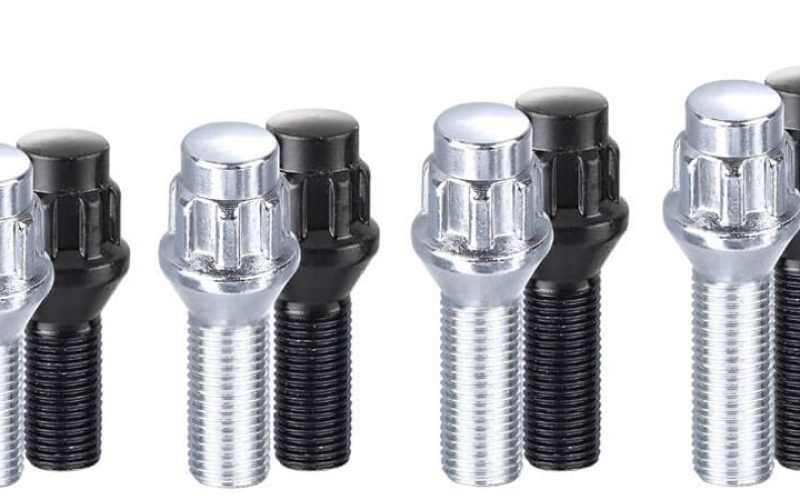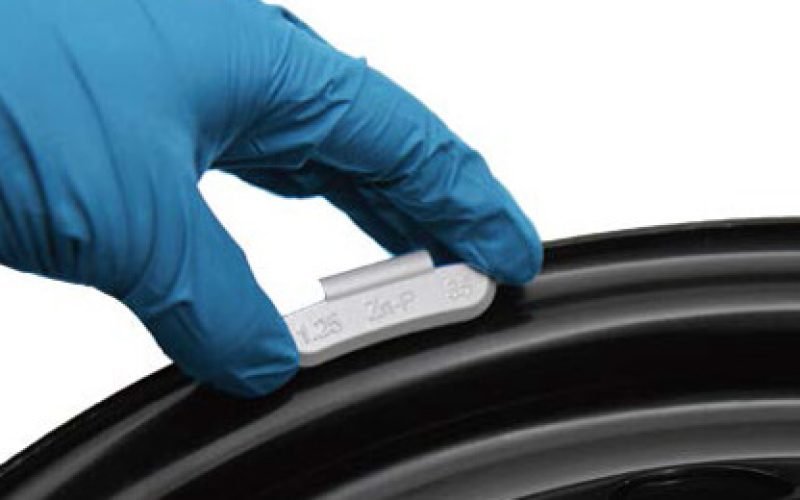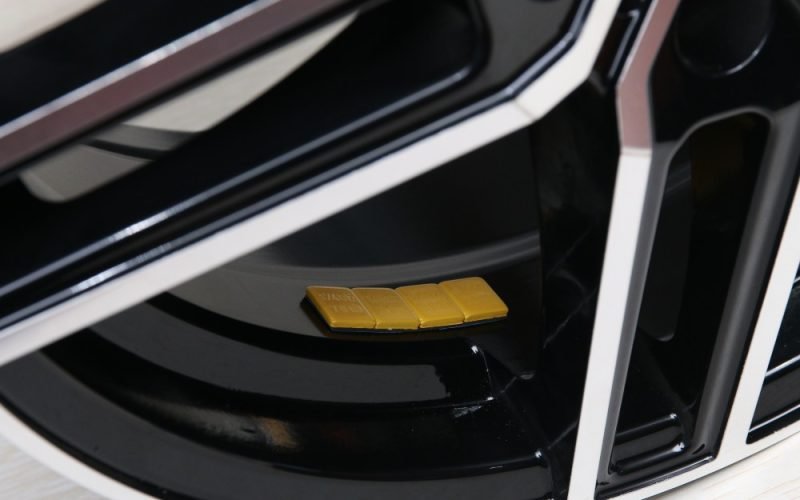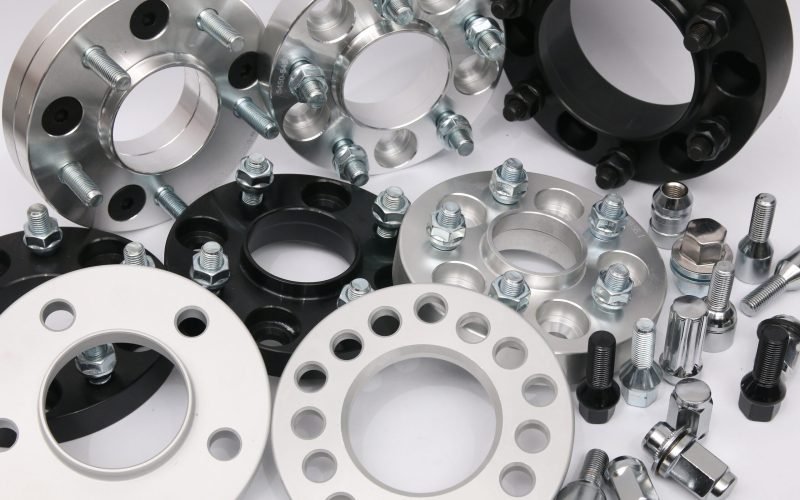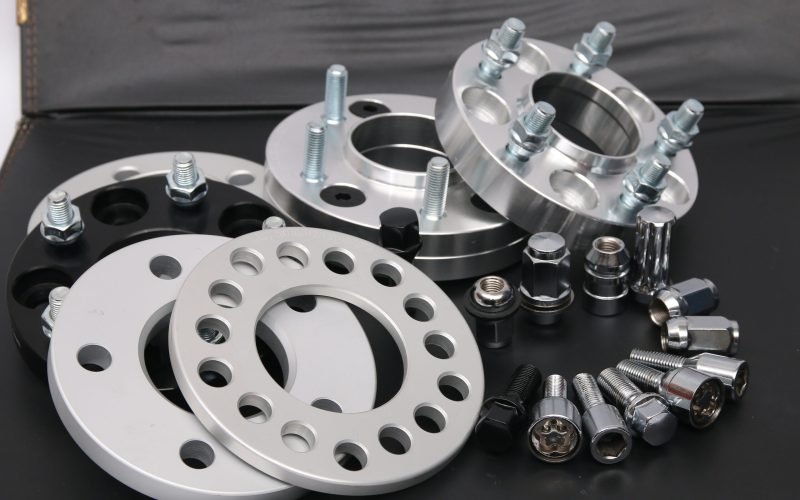

admin1
May 27, 2025
The Role of Steel Wheel Weight in Vehicle Stability
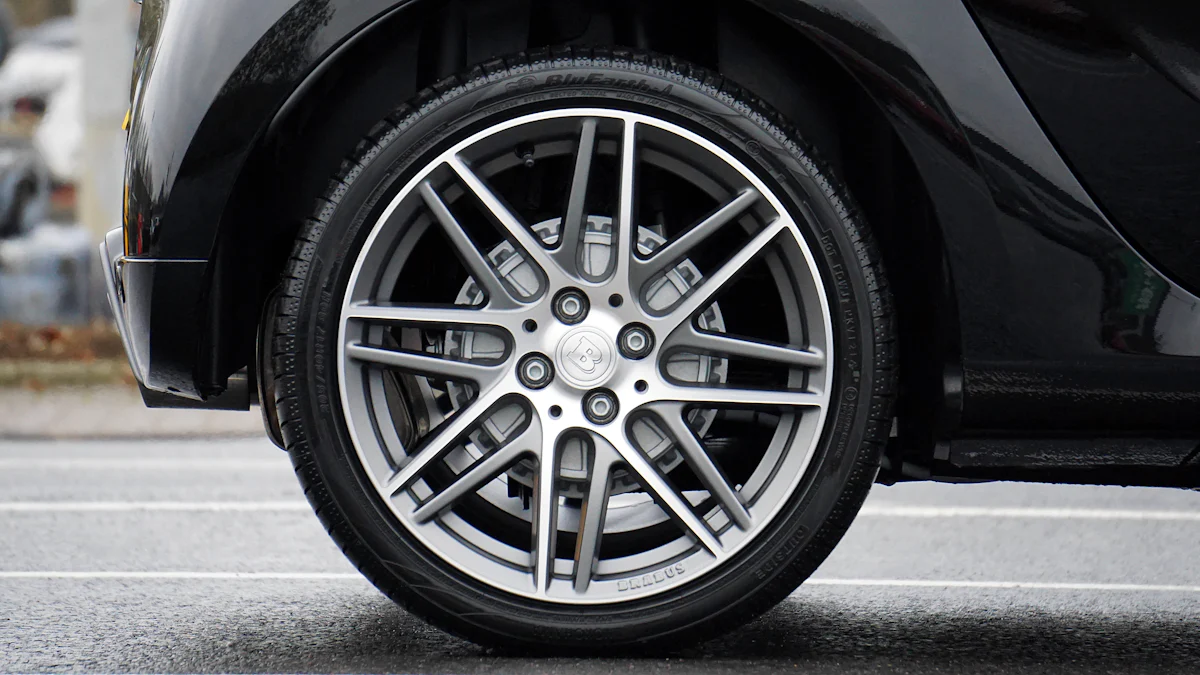
Steel wheel weight plays a vital role in keeping your vehicle stable. Heavier steel wheels lower the center of gravity, which enhances balance. This makes your car feel steadier, especially when driving on uneven or slippery roads. Steel wheels also improve traction by providing better contact between the tires and the road. This added stability ensures smoother handling, helping you maintain control during turns or sudden stops. Understanding how steel wheel weight affects your vehicle allows you to make smarter choices when selecting automotive components.
The Impact of Steel Wheel Weight on Vehicle Stability
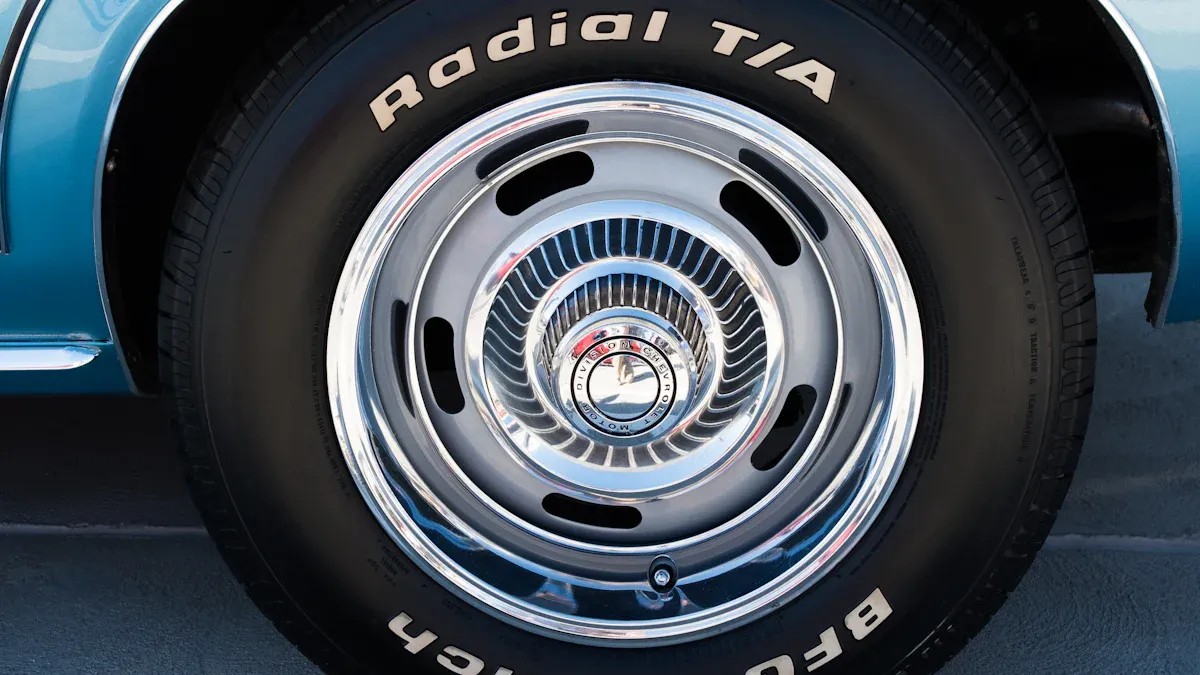
How Steel Wheel Weight Enhances Traction
Steel wheel weight plays a crucial role in improving traction. Heavier steel wheels increase the downward force on your tires, ensuring better contact with the road surface. This enhanced grip allows your vehicle to accelerate more efficiently and maintain stability during sudden stops or sharp turns. Laboratory tests confirm that weighted wheels deliver higher grip values, which directly translate to better real-world performance. For example, optimized steel wheels have been shown to improve acceleration times by 0.70%, highlighting their importance in traction enhancement.
Additionally, weighted wheels help manage lateral load transfer during driving. This means the weight shifting that occurs during cornering or uneven terrain is better controlled, keeping your tires firmly planted on the road. Whether you’re navigating slippery roads or rugged trails, steel wheels provide the traction needed to maintain control and ensure safety.
The Role of Wheel Weights in Balancing and Handling
Proper wheel weights are essential for balancing and handling. When your wheels are balanced, the tire-wheel assembly rotates evenly, minimizing vibrations and improving ride quality. This smooth rotation enhances stability, especially at higher speeds, where even minor imbalances can affect your vehicle’s performance. Balanced wheels also improve braking and maneuverability, particularly on rough terrains, ensuring a safer and more comfortable driving experience.
Wheel weights contribute to proper wheel balance, which is vital for maintaining control during dynamic maneuvers. Engineering data shows that balanced weight distribution on axles enhances traction and stability, allowing you to handle your vehicle with precision. Whether you’re driving on highways or navigating tight corners, balanced steel wheels ensure optimal performance and handling.
Stability Benefits in Various Driving Conditions
Steel wheels offer significant stability benefits across diverse driving conditions. Their heavier weight lowers your vehicle’s center of gravity, reducing the risk of tipping or rolling over. This is especially beneficial for heavy-duty vehicles and off-road scenarios, where stability is critical. Real-world data demonstrates that proper load balancing in semi-trucks not only enhances stability but also reduces fuel consumption by up to 20%, showcasing the performance benefits of steel wheels.
In winter driving conditions, steel wheels excel by providing the traction and balance needed to navigate icy or snowy roads. Their durability ensures they can withstand harsh environments without compromising performance. Whether you’re driving in urban areas or tackling challenging terrains, steel wheels deliver the stability required for a safe and reliable journey.
Key Benefits of Steel Wheels
Durability and Resistance to Damage
Steel wheels are known for their exceptional durability. Their robust construction allows them to withstand impacts that might damage other types of wheels. You can rely on steel wheels to handle rough terrains, potholes, and challenging driving conditions without cracking or bending. This durability makes them a preferred choice for heavy-duty vehicles and off-road applications.
Steel wheels resist wear and tear better than alternatives like alloy wheels. Their ability to endure harsh environments ensures they last longer, reducing the need for frequent replacements. For example, steel wheels maintain their structural integrity even in extreme temperatures, making them ideal for winter driving. When you choose steel wheels, you invest in a product that delivers long-term reliability and performance.
Cost-Effectiveness and Accessibility
Steel wheels offer significant cost benefits compared to other options. They are more affordable than alloy wheels, often costing half or even a third of the price. This affordability makes steel wheels accessible to a wide range of consumers, especially in price-sensitive regions like India and Brazil. If you’re looking for a budget-friendly option without compromising quality, steel wheels are an excellent choice.
Their cost-effectiveness extends beyond the initial purchase. Steel wheels are less prone to damage, which lowers repair and replacement costs over time. Their durability also reduces long-term ownership expenses, making them a practical option for drivers who want reliable performance without breaking the bank. The automotive steel wheels market continues to grow steadily, highlighting their popularity among consumers seeking value and accessibility.
Maintenance and Repair Advantages
Steel wheels are easier to maintain and repair than other types of wheels. Their simple design allows for quick fixes, saving you time and money. If a steel wheel gets scratched or dented, you can repair it without needing specialized tools or expensive materials. This ease of maintenance makes steel wheels a convenient choice for everyday drivers.
Several case studies highlight the maintenance advantages of steel wheels:
- Companies using steel wheels reported a reduction in operational disruptions by over 70 times, improving reliability.
- Annual savings of over $2 million in material and labor costs were achieved due to fewer unplanned downtimes.
- The return on investment for maintenance improvements was realized in under three months, showcasing the efficiency of steel wheels in reducing costs.
Steel wheels also resist corrosion better when properly cared for, ensuring they remain functional for years. Regular cleaning and inspections can further extend their lifespan, making them a low-maintenance option for drivers who value convenience and reliability.
Applications of Steel Wheels in Different Vehicles
Heavy-Duty Vehicles and Load-Bearing Needs
Steel wheels are a top choice for heavy-duty vehicles like trucks, tractors, and buses due to their ability to handle significant loads. Their robust construction ensures they can endure the stress of carrying heavy cargo without compromising performance. Various tests, such as rolling and radial fatigue tests, confirm the strength and durability of steel wheels under extreme conditions. These tests assess factors like air tightness, unbalanced measurement, and fatigue strength, ensuring the wheels meet the demands of heavy-duty applications.
Commercial vehicles, which represent about 35% of the steel wheel market, rely on these wheels for their reliability and cost-effectiveness. In emerging markets, the demand for steel wheels in commercial vehicles continues to grow as they provide a dependable solution for load-bearing needs. Whether navigating long highways or rugged terrains, steel wheels deliver the durability and stability required for heavy-duty operations.
Off-Road and Winter Driving Scenarios
Steel wheels excel in off-road and winter driving conditions, making them a reliable choice for adventurous drivers. Their heavier weight enhances traction, ensuring better grip on uneven or slippery surfaces. This added stability is crucial when navigating icy roads or muddy trails. Steel wheels also resist damage from rocks, potholes, and other obstacles commonly encountered in off-road environments.
In winter, steel wheels perform exceptionally well by maintaining their structural integrity in freezing temperatures. Their durability ensures they can withstand harsh weather without cracking or bending. For drivers who frequently face challenging terrains or extreme weather, steel wheels provide the confidence and reliability needed for a safe journey.
Everyday Vehicles and Budget-Friendly Options
For everyday vehicles, steel wheels offer a practical and budget-friendly solution. They are widely recognized for their durability and cost-effectiveness, making them a popular choice among budget-conscious consumers. Despite competition from lighter alternatives, steel wheels maintain a strong presence in the market, especially in regions where affordability is a priority.
Passenger vehicles account for approximately 65% of the light vehicle steel wheel market, highlighting their widespread use in daily driving. Steel wheels are particularly valued for their ability to endure tough driving conditions, ensuring long-term reliability. Their affordability and ease of maintenance make them an excellent option for drivers seeking a dependable and economical choice for their vehicles.
Comparing Steel Wheels to Alloy Wheels
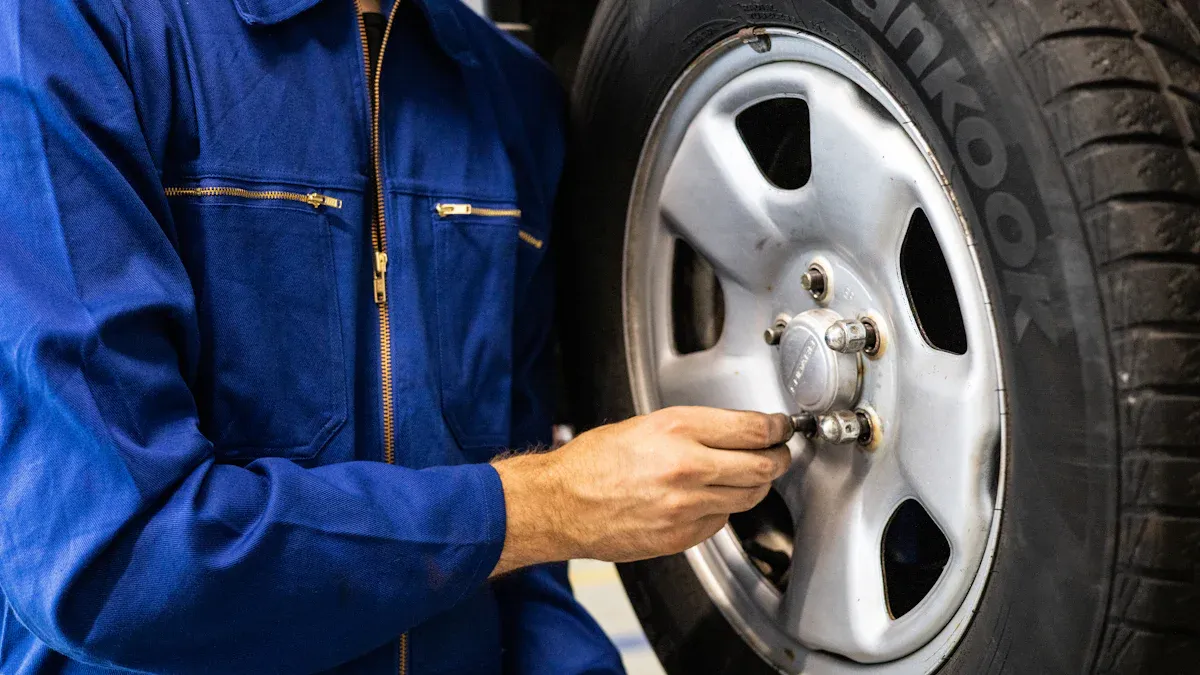
Differences in Weight and Performance
Steel and alloy wheels differ significantly in weight and performance. Steel wheels are heavier, which increases the vehicle’s unsprung weight. This added weight can slightly reduce ride quality but enhances stability in challenging conditions. In contrast, alloy wheels are lighter, often made from aluminum or magnesium. Their reduced weight improves acceleration and stopping power, making them ideal for performance-focused vehicles.
A technical comparison highlights these differences:
| Feature | Alloy Wheels | Steel Wheels |
|---|---|---|
| Weight | Lighter, several pounds less per wheel | Heavier, increases unsprung weight |
| Performance | Better acceleration and stopping | Degrades ride quality slightly |
| Heat Dissipation | Better at dissipating heat | Less effective |
| Repairability | More difficult to repair | Easier to repair |
Alloy wheels also excel in heat dissipation, which is crucial for high-speed driving. Steel wheels, however, are more practical for heavy-duty and off-road applications due to their durability and ease of repair.
Pros and Cons of Steel Wheels vs. Alloy Wheels
Each type of wheel has its advantages and disadvantages. Steel wheels are cost-effective and durable, making them a reliable choice for rugged terrains and heavy loads. They are less likely to crack or bend under impact, ensuring long-term reliability. However, their heavier weight can affect agility and fuel efficiency.
Alloy wheels, on the other hand, offer a sleek appearance and better performance. Their lighter weight reduces strain on the suspension system, improving vehicle dynamics. They also provide a smoother driving experience. However, they are more expensive and prone to damage from impacts.
| Feature | Alloy Wheels | Steel Wheels |
|---|---|---|
| Weight | Lighter, enhancing performance and acceleration. | Heavier, which can dampen acceleration and agility. |
| Durability | More prone to bending and cracking under impact. | Stronger, harder to bend or crack. |
| Cost | Generally more expensive. | 75-80% less expensive, making them a cost-effective option. |
| Aesthetics | More visually appealing, often preferred for style. | Less attractive, more utilitarian. |
| Repairability | Difficult to repair once damaged. | Easier to maintain, but subject to rust. |
| Driving Experience | Provides a more enjoyable driving experience. | Can be harder to maneuver due to extra weight. |
Choosing the Right Wheel for Your Vehicle
Selecting the right wheel depends on your vehicle type and driving needs. For heavy-duty vehicles or off-road adventures, steel wheels are a practical choice. Their durability and resistance to damage make them ideal for rough conditions. If you prioritize performance and aesthetics, alloy wheels are better suited. Their lightweight design enhances acceleration and handling, making them perfect for sports cars or luxury vehicles.
Consider factors like tire size, driving conditions, and budget when making your decision. For example:
- Steel wheels are excellent for winter driving due to their durability and cost-effectiveness.
- Alloy wheels are better for city driving or high-performance vehicles, where agility and style matter.
Understanding your specific needs will help you choose the best option for your vehicle.
Maintaining Steel Wheels for Longevity
Preventing Rust and Corrosion
Steel wheels are prone to rust and corrosion due to their exposure to moisture, salt, and other environmental elements. You can protect your wheels by applying high-quality protective coatings or wax. These coatings act as a barrier, preventing moisture and corrosive agents from reaching the metal surface. Products like Noxudol, which contain corrosion inhibitors, are particularly effective. They interrupt the oxidation process that causes rust and penetrate deeply into the steel, ensuring long-lasting protection.
Regular inspections also help catch early signs of corrosion. Look for rust spots or discoloration during routine checks. If you live in areas with harsh winters, consider hot-dip galvanization for added protection. This process coats steel parts with a layer of zinc, shielding them from corrosive winter conditions. By taking these preventive measures, you can extend the lifespan of your steel wheels and maintain their performance.
Regular Cleaning and Inspection Practices
Keeping your steel wheels clean is essential for their longevity. Use cleaning products specifically formulated for wheels to avoid harsh chemicals that could damage the surface. A soft brush or cloth works well for removing dirt and grime without scratching the metal. After cleaning, apply a protective wax to enhance the wheel’s resistance to corrosion.
Inspections should be part of your regular maintenance routine. Check for signs of vibration, wobbling, or unusual noises while driving. Look for rust, moisture, or lube leakage on the wheel hub during disassembly. Monitoring tire wear and maintaining proper tire pressure also contribute to wheel longevity. Professional balancing and alignment services minimize stress on your wheels, ensuring smooth rotation and reducing wear. These practices keep your wheels in top condition and improve overall vehicle performance.
When and How to Replace Steel Wheels
Steel wheels are durable, but they eventually wear out. You should replace them if you notice cracks, severe rust, or structural damage. Regular inspections help identify these issues early. If your wheels show signs of excessive wobbling or vibration, it may indicate damage that requires replacement.
When replacing steel wheels, follow the manufacturer’s guidelines to ensure compatibility with your vehicle. Consider factors like load capacity and size to make the right choice. Professional installation ensures proper balancing and alignment, which enhances safety and performance. Replacing damaged wheels promptly prevents further issues and keeps your vehicle running smoothly.
Steel wheel weight plays a vital role in keeping your vehicle stable. It enhances traction, balance, and handling, ensuring a safer and smoother driving experience. You can rely on steel wheels for their durability, cost-effectiveness, and versatility. These qualities make them a dependable choice for various driving needs, from heavy-duty applications to everyday use. By understanding how steel wheel weight impacts vehicle performance, you can make smarter decisions and optimize your driving experience.
FAQ
What is the significance of steel wheel weight in the automotive industry?
Steel wheel weight improves vehicle stability by enhancing traction and balance. This is especially important in the automotive industry, where safety and performance are priorities. Heavier wheels lower the center of gravity, making vehicles more stable during turns or on uneven roads.
How do wheel weights contribute to balancing wheels?
Wheel weights ensure proper balance by evenly distributing weight across the wheel assembly. This reduces vibrations and improves handling. The significance in balancing wheels lies in providing a smoother ride and better control, especially at high speeds or on rough terrains.
Are steel wheels suitable for all driving conditions?
Steel wheels perform well in most conditions, including off-road and winter driving. Their durability and weight provide stability on icy or uneven surfaces. However, they may not be ideal for performance-focused vehicles that require lighter wheels for agility.
What are the common applications of wheel weights?
Wheel weights are used in various applications, including passenger cars, heavy-duty trucks, and off-road vehicles. They help maintain balance, improve traction, and ensure safety. Their role is crucial in both everyday driving and specialized automotive needs.
How can you maintain steel wheels to extend their lifespan?
Regular cleaning and inspections prevent rust and corrosion. Applying protective coatings or wax adds an extra layer of defense. Checking for damage and addressing issues early ensures your steel wheels remain functional for years.
